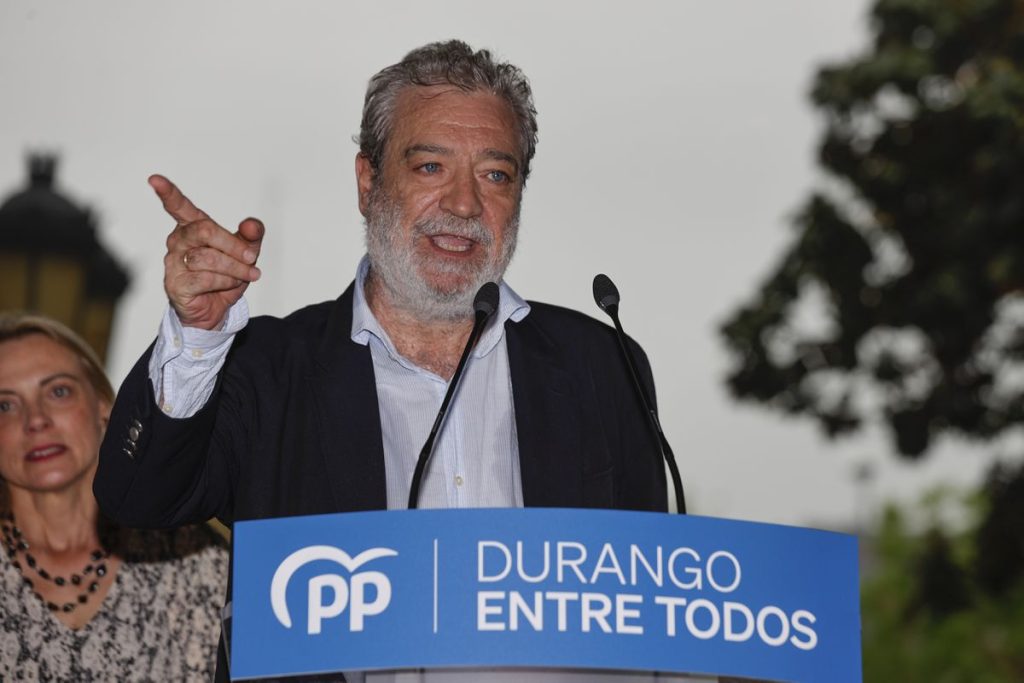The Platform for the Protection of Journalists, linked to the Council of Europe, has issued an alert regarding threats and the publication of personal data of reporters by Miguel Ángel Rodríguez, Chief of Staff to the President of the Community of Madrid, Isabel Díaz Ayuso. The alert, rated at level 2, includes incidents of intimidation and harassment directed towards journalists from eldiario.es and EL PAIS who were investigating Alberto González Amador, the partner of President Díaz Ayuso, who has been charged with tax fraud and document forgery. The Platform is urging Spain, a member of the Council of Europe, to investigate the case and provide information regarding the actions taken following the alert issued on March 28. They expect a response from Spain by June 28 at the latest.
The detailed alert describes the threats made by Rodríguez towards a journalist from eldiario.es, in which he threatened to “destroy” the outlet for investigating the fraud case, insinuating that they would have to close. Additionally, it mentions how Rodríguez falsely accused two journalists from EL PAIS of harassing the neighbors of the couple being investigated for fraud. He also shared personal data and photos of the journalists with other media outlets, a practice known as “doxxing”. Rodríguez admitted to sending this information, which was also acknowledged by President Díaz Ayuso herself, attempting to justify the threatening messages as being part of private matters.
The case of the threats made by Rodríguez against the journalists from elDiario.es and EL PAÍS has received widespread condemnation from journalists’ unions and civil rights organizations both in Spain and Europe. This incident is now escalating to Europe with the publication of the alert, at a time when European institutions are focusing on strengthening measures to ensure the right to information. In March, the Media Freedom Law was passed, explicitly addressing the pressures authorities may place on journalists. Additionally, a new European directive has been approved to combat abusive litigation used to silence journalists and civil rights defenders with lawsuits.
The Council of Europe established the Platform for the Protection of Journalists in 2015, in collaboration with professional journalist organizations and specialized entities. This platform plays a crucial role in identifying and reporting serious violations of press freedom and journalist safety, guaranteed in Article 10 of the European Convention on Human Rights. The platform relies on collaborating entities to manage alerts and produce periodic reports on concerns regarding press freedom.
Alerts issued by the platform must meet specific requirements, including that the information prompting the alert is reliable and fact-based. Once an alert is issued, the Council of Europe informs its bodies and all 46 member states, encompassing over 700 million people. The platform aims not only to signal specific cases to authorities for action, but also to enhance the responsiveness within the Council of Europe and help propose appropriate policy responses in the field of press freedom.
The platform issues alerts at two levels: level 1 pertains to murders and direct threats to life, while level 2, such as in the case of intimidation of journalists from elDiario.es and EL PAÍS, involves serious threats to press freedom, including physical assaults causing bodily harm, acts of intimidation and harassment, as well as the misuse of governmental powers to influence media content or penalize journalists. The platform’s annual report on the state of press freedom highlights concerns about radicalization and polarization, hostile to independent journalism, citing various cases related to Spain, including the use of Pegasus software to spy on Spanish journalists and detentions during protest coverage.


